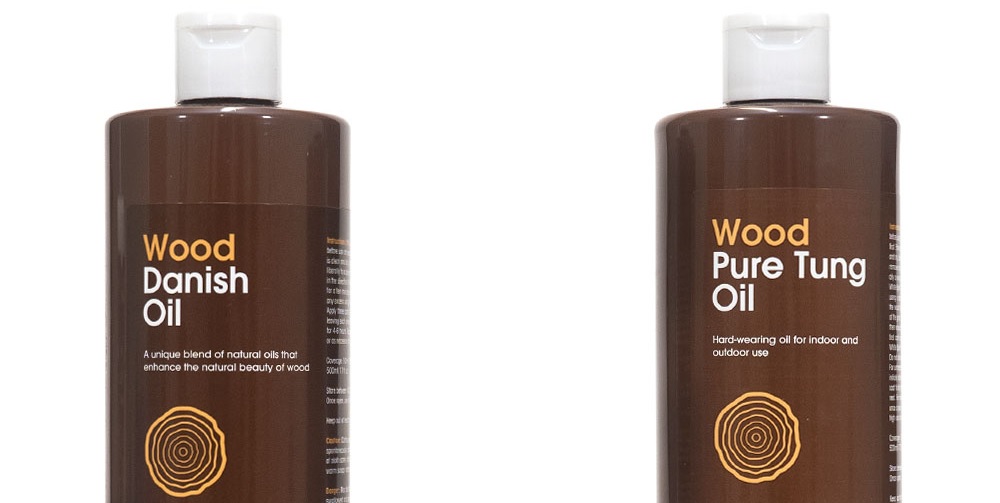I may be crazy here, but I am working on a non-Marlin rifle and the stock is undergoing major changes.
I was using spray vegetable cooking oil as a parting agent for the JB Weld bedding I was doing.
As a lark, I sprayed some of the Canola oil on a patch and rubbed it into a spot on the stock that is now "finish ready".
The result is a very pleasing soft low luster oil finish reminiscent of older firearms.
Got me thinking, why not spray vegetable oil? Am I missing something here?
Do you all know of any reason why Pam, spray Canola oil or any number of spray cooking oils would not work?
I am always trying new finishes, this may be yet another. Thanks, Mike
I was using spray vegetable cooking oil as a parting agent for the JB Weld bedding I was doing.
As a lark, I sprayed some of the Canola oil on a patch and rubbed it into a spot on the stock that is now "finish ready".
The result is a very pleasing soft low luster oil finish reminiscent of older firearms.
Got me thinking, why not spray vegetable oil? Am I missing something here?
Do you all know of any reason why Pam, spray Canola oil or any number of spray cooking oils would not work?
I am always trying new finishes, this may be yet another. Thanks, Mike






